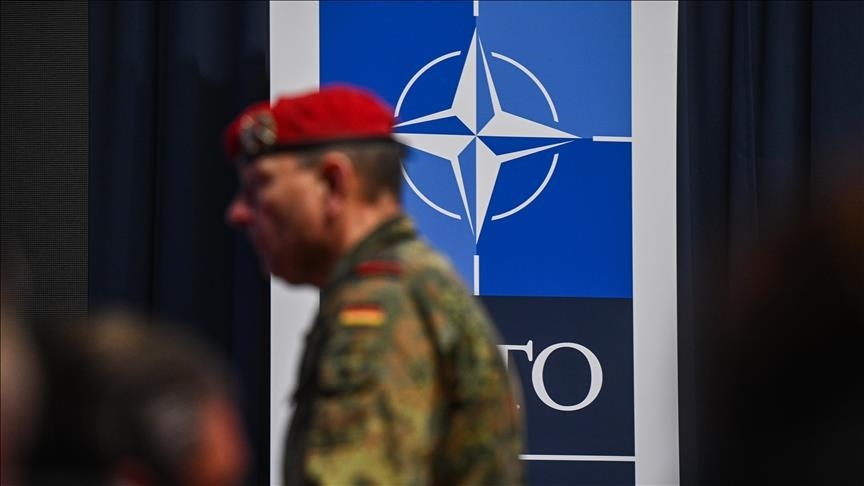Russia will ‘never accept’ NATO troop deployment in Ukraine, German chancellor ally says
Chairman of co-ruling Christian Social Union party says German army not ready for such military mission, citing financial, personnel problems

BERLIN
Russia would never agree to a deployment of NATO soldiers in Ukraine, said Markus Soeder, the chairman of Germany's co-ruling Christian Social Union (CSU) party, on Saturday.
"I find it hard to imagine NATO troops being stationed there. Russia would never accept that," he said. "Because it would be a precursor to Ukraine's accession to NATO," Soeder told the daily Rheinischen Post.
French President Emmanuel Macron announced on Thursday that 26 Western countries were prepared to send troops to Ukraine to secure a ceasefire or peace between Moscow and Kyiv.
Following the meeting of the "coalition of the willing" countries, the German government declined to commit to whether it would participate.
Russia had already announced that it would not accept Western troops in Ukraine.
Soeder also stressed that the German army was “not ready” for such a deployment in Ukraine.
“It is stretched to its limits, both financially and in terms of personnel. That's why we need conscription again. Ultimately, there will be no way around it," he said.
Chancellor Friedrich Merz told a virtual summit of allies on Thursday that Germany's decision on sending troops to Ukraine will depend on US involvement and parliament's approval.
According to Merz's spokesman, the chancellor told the leaders of the coalition of the willing that Germany wants to contribute to "security guarantees" for Ukraine after a negotiated solution, focusing on arming and training the Ukrainian army.
“The focus must be on financing, arming, and training the Ukrainian armed forces. Germany has become Kyiv's most important partner in this area. The German government is prepared to expand this,” Merz told his colleagues, according to spokesman Stefan Kornelius.
“Germany will decide on military involvement in due course, once the framework conditions have been clarified. This concerns, among other things, the nature and scope of any US involvement and the outcome of a negotiation process. The German parliament will decide on a national mandate,” he added.
French President Emmanuel Macron hosted the summit of Ukraine's allies at the Elysee Palace in a hybrid format. Ukrainian President Volodymyr Zelenskyy, Polish Prime Minister Donald Tusk, and European Commission President Ursula von der Leyen attended in person, while most other leaders joined remotely. US President Donald Trump's special envoy Steve Witkoff also participated in the meeting.
Following the meeting, the chancellor's spokesman said that while Europeans will continue supporting Trump's peace efforts, including a potential meeting between Ukrainian and Russian leaders, they will also explore ways to increase political pressure on Moscow.
“It is important to continue working towards a summit with the participation of President Zelenskyy. A ceasefire must be agreed there. If the Russian side continues to play for time, Europe will increase the pressure of sanctions in order to improve the chances of a diplomatic solution,” spokesman Kornelius said.
Anadolu Agency website contains only a portion of the news stories offered to subscribers in the AA News Broadcasting System (HAS), and in summarized form. Please contact us for subscription options.







